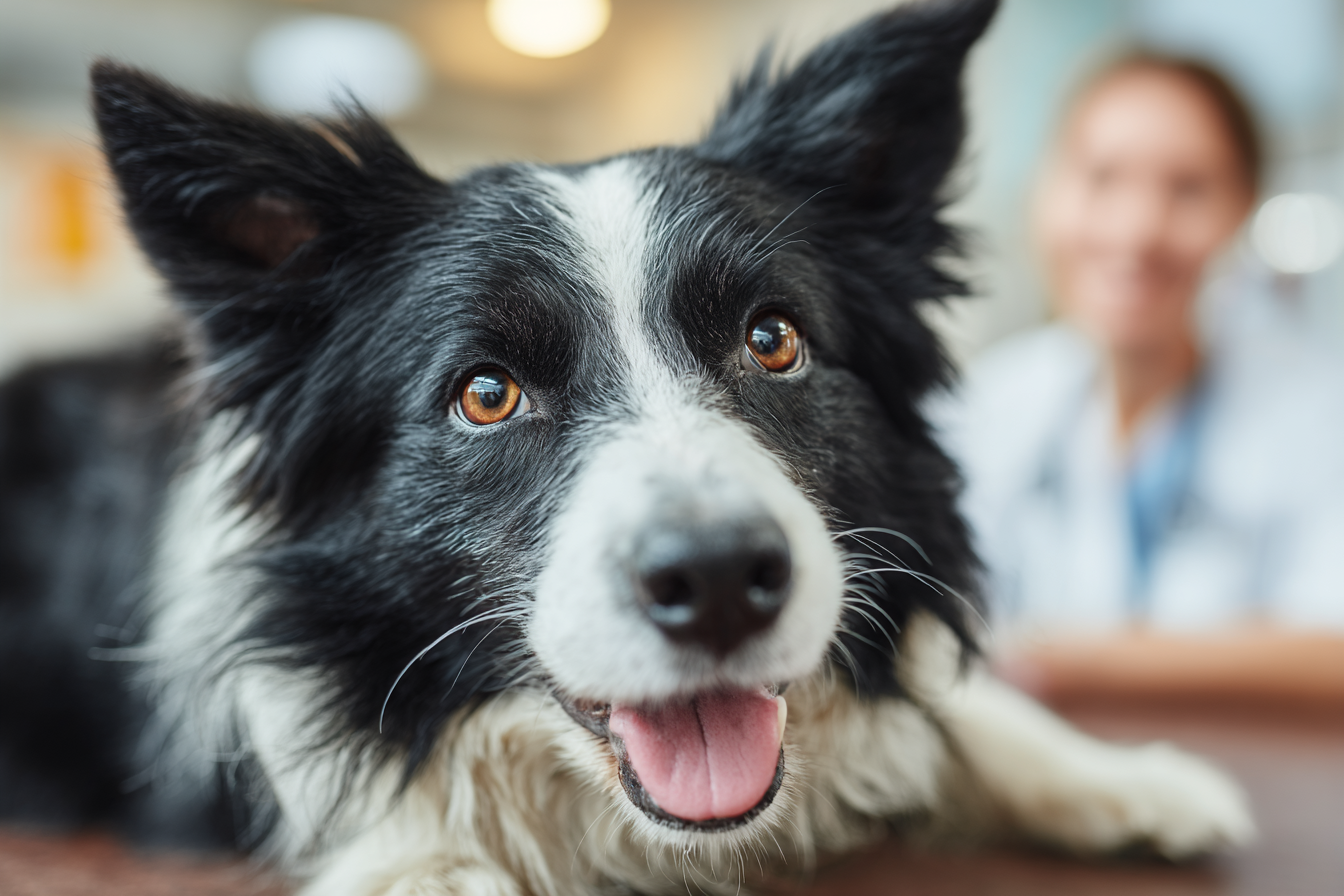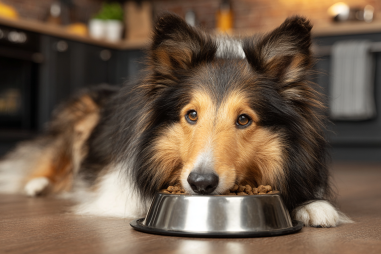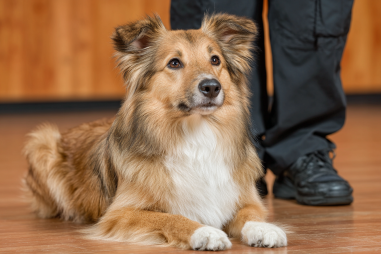Collies are beloved for their intelligence, loyalty, and graceful appearance. Like all breeds, they have unique health concerns that owners should be aware of to ensure their furry friends enjoy a long, healthy life. Understanding common Collie health issues along with effective prevention strategies can help you provide the best care possible. Whether you’re a new Collie owner or looking to brush up on your knowledge, this article will guide you through key health topics pertinent to this wonderful breed.
Overview of Collie Health Profile
Collies are generally robust dogs, with many living well into their teens with proper care. They are a medium to large-sized breed known for their striking coats and keen intelligence. However, like many purebred dogs, Collies are predisposed to certain hereditary conditions that can affect their quality of life. Awareness of these tendencies allows owners to be proactive in managing their dog’s health.
Responsible breeders test for common health problems, helping reduce the risk of passing on genetic disorders. While Collies have a friendly disposition and high energy levels, they do require consistent mental and physical stimulation to thrive.
Common Hereditary Issues in Collies
Several hereditary health problems are particularly notable in Collies. Understanding these conditions can aid in early detection and intervention.
Collie Eye Anomaly (CEA)
Collie Eye Anomaly is a genetic disorder affecting the development of the eye’s choroid, retina, and sclera. Symptoms can range from mild vision impairment to complete blindness, although many dogs might be carriers without showing obvious symptoms. CEA is diagnosed through specialized eye exams conducted by veterinary ophthalmologists. Early detection can help owners make informed decisions about breeding and ongoing eye care.
Hip Dysplasia
Hip dysplasia is a common orthopedic issue in many dog breeds, including Collies. It occurs when the hip joint develops abnormally, which can lead to arthritis, pain, and reduced mobility. Signs include difficulty rising, reluctance to jump or run, and a noticeable limp. Maintaining a healthy weight and providing joint supplements as recommended by your veterinarian can help alleviate symptoms and improve quality of life.
Other Notable Conditions
- Dermatomyositis: An inherited inflammatory disease affecting the skin and muscles, shown by sores or muscle weakness.
- Progressive Retinal Atrophy (PRA): Leads to gradual vision loss.
- Epilepsy: Some Collies may have a genetic predisposition to seizures.
Signs to Watch For
Being vigilant about changes in your Collie’s behavior or physical condition is vital. Common signs indicating a potential health problem include:
- Changes in appetite or weight
- Difficulty with mobility or stiffness
- Excessive scratching or signs of skin irritation
- Visual impairment such as bumping into objects or reluctance to go into dark areas
- Seizures or unusual neurological symptoms
- Lethargy or hiding more than usual
If you observe any of these symptoms, a prompt veterinary evaluation is essential to diagnose and manage potential issues early.
Nutrition and Exercise Role in Collie Health
Proper nutrition and regular exercise form the foundation of a healthy life for any dog, Collies included. A balanced diet rich in high-quality protein, essential fatty acids, and nutrients supports their active lifestyle and helps maintain an ideal body weight.
Keeping your Collie at a healthy weight reduces stress on their joints and lowers the risk of complications related to hip dysplasia and other mobility issues. Since Collies are intelligent and energetic, they benefit from daily exercise and mental stimulation through walks, runs, play, and training sessions.
The Importance of Regular Vet Checkups
Routine veterinary visits are crucial in catching health concerns before they become serious. Annual or biannual wellness exams typically include:
- Physical examination
- Vaccinations and parasite prevention
- Dental health assessment
- Blood tests and screenings as appropriate
- Eye and orthopedic evaluations for early detection of hereditary conditions
Your vet can also advise on supplements or lifestyle adjustments tailored to your Collie’s age and health status. This ongoing partnership helps ensure your furry friend stays in top condition as they age.
Preventative Care Tips for Long-Term Wellness
Preventative care is all about managing risk factors and supporting your Collie’s health proactively. Some key tips include:
- Maintain a consistent vaccination schedule: Protect your dog from infectious diseases.
- Parasite control: Use flea, tick, and worm prevention year-round as recommended by your vet.
- Grooming: Regular brushing keeps their coat healthy and skin clean, monitoring for any abnormalities.
- Weight management: Avoid overfeeding and provide an appropriate amount of exercise daily.
- Genetic testing: If you’re acquiring a Collie puppy, seek breeders who screen for hereditary diseases.
Taking these steps contributes significantly to your Collie’s longevity and happiness.
Emergency Care Basics for Collie Owners
Despite the best intentions, emergencies can happen. Familiarize yourself with basic emergency care so you remain calm and effective during a crisis:
- Know your vet’s emergency contact information: Keep it handy at all times.
- Recognize urgent symptoms: Difficulty breathing, severe bleeding, seizures, sudden collapse, or poisoning require immediate vet attention.
- First aid basics: Learn how to control bleeding, perform CPR, and manage choking. Carry a pet first aid kit if possible.
- Transport safely: Use a crate or secure your dog during transport to the clinic.
Preparedness can make a crucial difference in emergency situations and improve outcomes.
Helping Your Collie Thrive
With a little knowledge and commitment, you can help your Collie avoid or manage common health issues, giving them the best possible quality of life. Healthy nutrition, regular exercise, attentive observation, routine vet care, and timely response to emergencies all contribute to a happy, thriving companion. Embrace these habits, and your Collie will thank you with years of loyalty, affection, and boundless energy.







